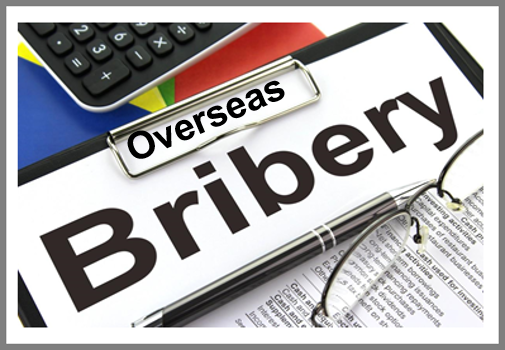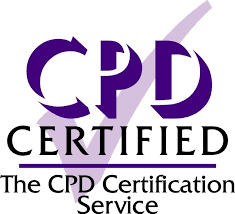Description
Bribery and corruption are found in all countries. It can hurt the poor disproportionately, undermine economic growth and is a barrier to poverty alleviation and good governance.
Organisations like the Organisation for Economic Co-operation and Development and the United Nations recognise that corruption is a major barrier to global social and economic development, and there is a range of well-established international conventions like the UN’s Convention against Corruption.
The Bribery Act 2010 brought UK legislation into line with the OECD Anti-Bribery Convention by defining the offences of bribery, increasing fines and prison sentences, and extending the scope of the law.
Anti Bribery Training for organisations: The UK Bribery Act 2010 is one of the toughest pieces of anti-bribery legislation in the world, everyone who conducts business for you needs to understand how to avoid breaking the law. Our domestic and international scenarios illustrate the impact of bribery and the key points of the Act, exploring pitfalls and how to handle them. Course modules can be selected to fit your role and responsibilities.
What are the key learning points in this online course?
- Understand the UK Bribery Act 2010
- Define true meaning of Bribery
- Different Types of Bribery
- Consequences of Bribery
- Impact of Bribery on others
- Ways to avoid Bribery
Learning objectives
By the end of the course you will be able to:
- Describe the four offences under the Bribery Act 2010 and the activities it applies to
- Recognise the risks of bribery in business
- Be able to identify instances of bribery and differentiate between hospitality and bribes
- Follow a defined process to handle facilitation payment demands
- Understand the criteria for adequate procedures to ensure compliance
- Understand the implications of Bribery on others and the society at large
Entry requirements
There are no entry requirements.







 UK: 0844 854 9218 | International: +44 (0)1488 580017
UK: 0844 854 9218 | International: +44 (0)1488 580017























